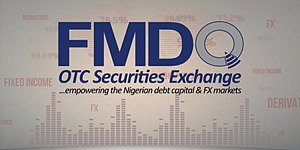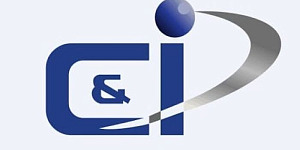The Securities and Exchange Commission (SEC) of Nigeria has approved a two-year transition period, starting September 22, 2025, for fund managers to fully adopt mark-to-market valuation of fixed income securities.
This means that instead of valuing bonds at their purchase price (amortized cost), managers will gradually shift to valuing them at their current market price, which reflects the true and up-to-date value of the assets.
As part of the transition, the SEC has also granted temporary forbearance on asset-allocation rules.
- Normally, funds must keep a 70:30 split between mark-to-market and amortized cost, but for the next two years, managers can work with a more flexible 50:50 balance to ease the adjustment process.
- While this hybrid method is permitted, all new fixed income purchases must immediately be valued on a mark-to-market basis.
To ensure accountability, every fund manager is required to submit an implementation plan to the SEC by October 2, 2025, showing how they intend to achieve full compliance before the grace period ends.
In addition, the SEC will partner with FMAN and other stakeholders to carry out investor education programs so that the investing public understands the changes.
In addition, the SEC will partner with FMAN and other stakeholders to carry out investor education programs so that the investing public understands the changes.
According to Arnold A. Dublin-Green, Chief Investment Officer at Cordros Capital, the move to mark-to-market is a welcome change because it increases transparency, reveals real market risk, improves fund managers’ discipline, boosts trading activity, and gives investors a clearer sense of value.
However, he observed that the shift comes with its own complexities.
Expert insights:
When asked about the challenges fund managers might face, Arnold Dublin-Green explained that the hardest hit will be those holding legacy bonds bought during the COVID era, when yields were in single digits and locking in 6–9% seemed like a smart move.
“Today, with yields much higher, those old bonds are deep underwater. Amortized cost has been hiding the losses, but mark-to-market will expose them daily, showing the difference between real risk managers and those hiding behind accounting,” he stated.
He further revealed that forcing all new bond purchases to be marked-to-market from day one is a real game changer. “Fund managers can no longer hide, as every trade will now show up in daily NAVs,” he said.
Arnold added that although mark-to-market will bring more short-term volatility, it should also boost liquidity and highlight the difference between skilled and weaker managers, helping to build a healthier market.
He emphasized that fund managers need to reassure investors that volatility does not mean losses but simply reflects true market prices and provides a more transparent, globally aligned view of value.
Nairametrics Analysts have also aligned with this perspective, noting in an opinion piece that the reform is ultimately about rebuilding trust and deepening confidence in Nigeria’s capital markets.
In a related article published by The Blurb Team on Nairametrics, the analysts explained that transparent fund valuation empowers investors with better decision-making tools and fosters trust in the system. Over time, they argue, this will attract broader participation, improve liquidity in the bond market, and expand the pool of investable capital.
“Rather than keeping portfolios locked until maturity, managers will now engage more with the market and support price discovery—the cornerstone of strong and liquid markets,” the article stated.
The team emphasized that both local and international investors are increasingly demanding accurate, real-time reporting. Reforms that promote this transparency, they noted, are critical to restoring credibility and encouraging long-term investment in the financial system.
“When funds are valued transparently, investors can make informed choices and trust the outcomes,” the analysts wrote. “Over time, this will deepen the market, strengthen liquidity, and help create a more dynamic capital ecosystem.”
Nairametrics Analysts echoed similar sentiments in an opinion piece, emphasizing that the reform is fundamentally aimed at restoring confidence in Nigeria’s markets











































